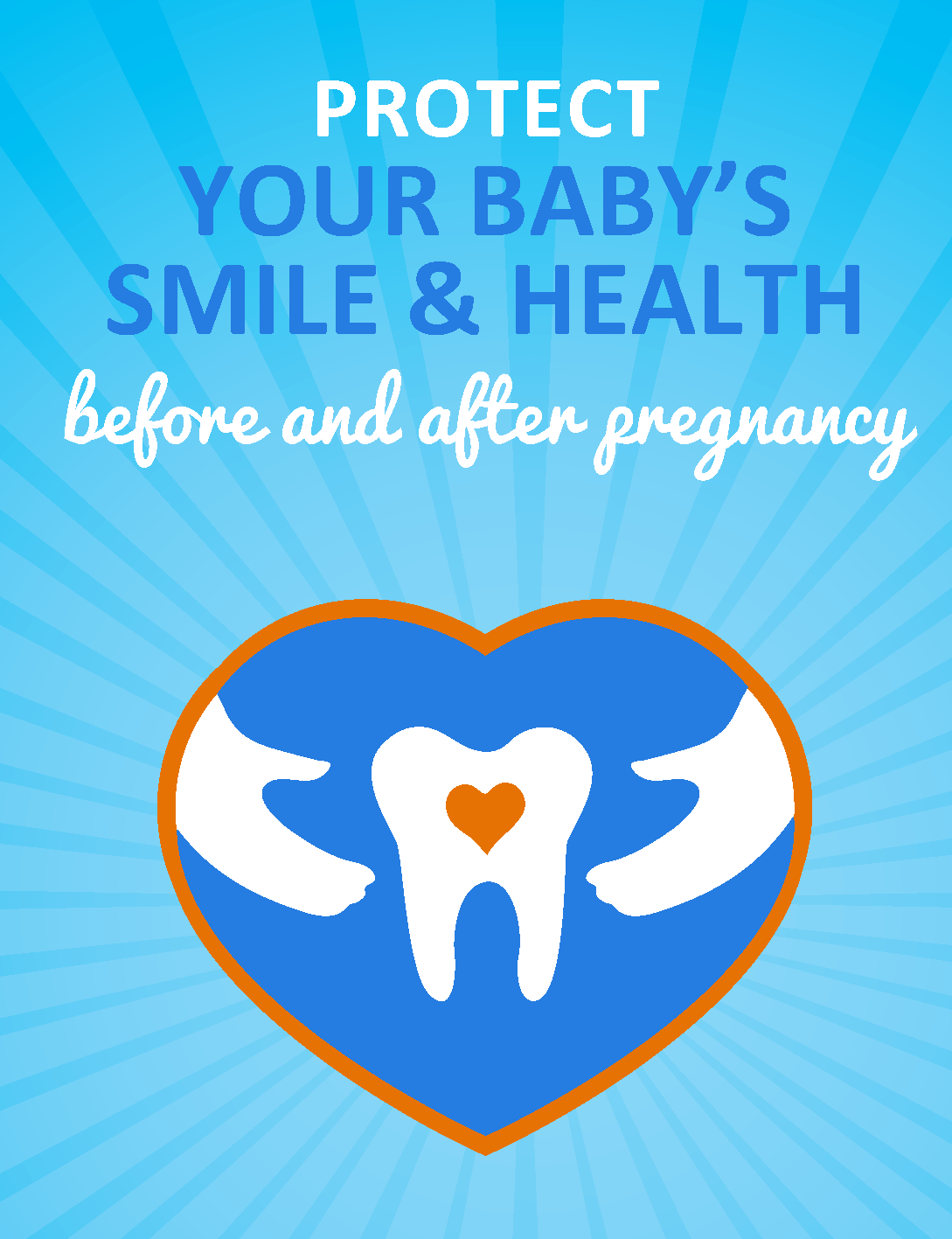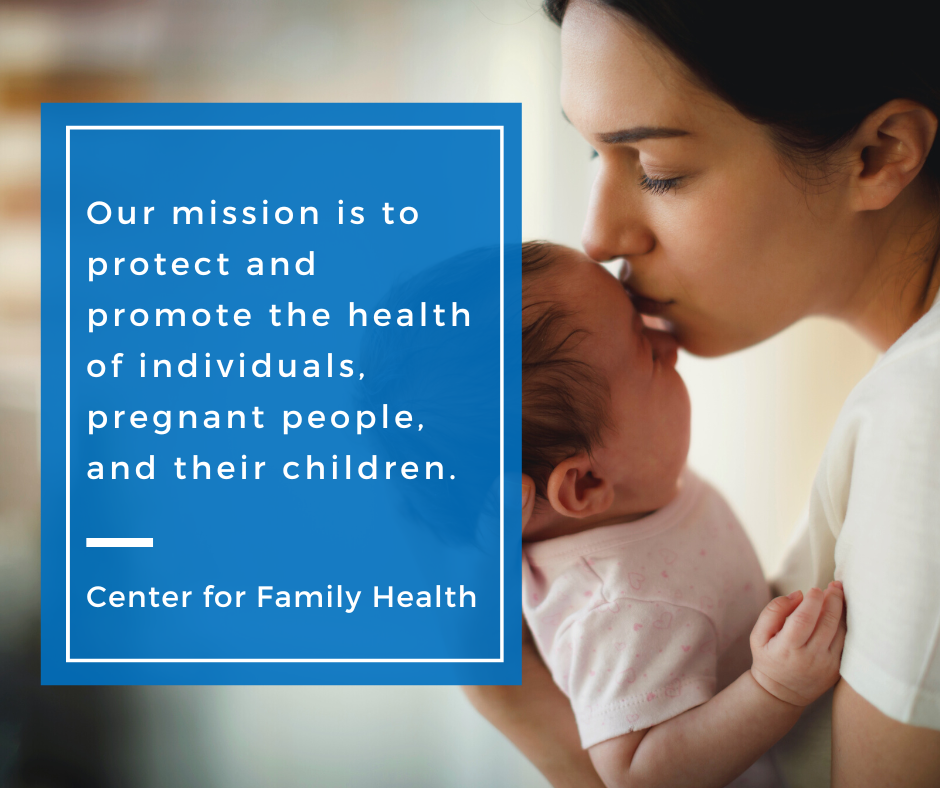Pregnancy dietary restrictions include avoiding raw or undercooked meat, raw fish, fish high in mercury, refrigerated pates or smoked seafood, and unpasteurized dairy and juice. It is important to consume two servings of meat, chicken, fish, legumes, or nuts daily, along with whole grains, green leafy vegetables, and vitamin C-rich foods to support a healthy pregnancy.
Crash dieting or restricted eating during pregnancy is not recommended, as it can be harmful to both the mother and baby. It is also advised to avoid certain foods like soft cheeses, raw sprouts, undercooked meat and poultry, and pre-prepared or unwashed fruits and vegetables.
While most foods are safe to consume, it’s best to avoid raw fish, unpasteurized dairy, alcohol, and high mercury fish during pregnancy.

Credit: www.healthvermont.gov
Foods To Avoid Or Limit During Pregnancy
During pregnancy, it is important to avoid or limit certain foods to ensure the health and safety of both the mother and the baby. These include raw or undercooked meat, raw fish, fish high in mercury, refrigerated pates, and smoked seafood.
It is best to consult with a healthcare professional for specific dietary restrictions during pregnancy.
Raw Or Undercooked Meat
During pregnancy, it is crucial to avoid consuming raw or undercooked meat, including beef, poultry, and pork. This also includes processed meats such as hotdogs and deli meats like ham or bologna. Raw or undercooked meat can increase the risk of bacterial infections, such as salmonella or listeria, which can be harmful to both the mother and the baby.
It is essential to cook all meats thoroughly, ensuring that they are piping hot all the way through. This will help to kill any bacteria or parasites that may be present. It is advised to use a meat thermometer to ensure the internal temperature of the meat reaches at least 165°F (74°C).
Raw Fish And Seafood
Raw fish, especially shellfish, should be strictly avoided during pregnancy. Raw fish can carry harmful bacteria and parasites, such as listeria and salmonella, which can lead to foodborne illnesses. These infections can pose serious risks to the baby’s development and the mother’s health.
Therefore, it is best to avoid sushi, sashimi, oysters, clams, and other raw seafood dishes. Opt for fully cooked fish and seafood options instead, as they are safer to consume during pregnancy.
High-mercury Fish
While fish is generally considered a healthy food choice during pregnancy due to its high omega-3 fatty acid content, certain types of fish are high in mercury and should be limited or avoided.
High-mercury fish, such as shark, swordfish, king mackerel, and tilefish, can accumulate high levels of mercury, which can be harmful to the baby’s developing nervous system. It is recommended to limit the consumption of these fish or avoid them altogether during pregnancy.
Instead, opt for low-mercury fish options like salmon, trout, tilapia, and shrimp. These varieties are generally safer to consume in moderation.
Refrigerated Pates And Smoked Seafood
Refrigerated pates, meat spreads, and smoked seafood should be avoided during pregnancy. These products have a higher risk of containing harmful bacteria, such as listeria, which can cause foodborne illnesses.
Listeria infection during pregnancy can lead to serious complications, including miscarriage, stillbirth, premature birth, and infection in the newborn. Therefore, it is important to opt for safer alternatives and avoid refrigerated pates and smoked seafood until after pregnancy.
When it comes to pregnancy dietary restrictions, it is crucial to prioritize the safety and well-being of both the mother and the developing baby. By avoiding raw or undercooked meat, raw fish and seafood, high-mercury fish, and refrigerated pates and smoked seafood, expectant mothers can reduce the risks of foodborne illnesses and ensure a healthy pregnancy. Remember to consult with your healthcare provider for personalized advice based on your specific circumstances.

Credit: www.cdph.ca.gov
Dietary Requirements For A Healthy Pregnancy
During pregnancy, it’s crucial to pay close attention to your dietary requirements for the health and well-being of both you and your baby. Consuming a balanced diet with the right nutrients is essential for a healthy pregnancy. Let’s take a closer look at some of the key dietary requirements you should consider.
Importance Of Protein
Protein plays a vital role in promoting the healthy growth and development of the baby. It aids in the formation of new cells and tissues and helps in building the baby’s organs, muscles, and bones. Therefore, it is important to include sources of protein in your daily diet.
The Role Of Whole Grains And Green Leafy Vegetables
Whole grains such as brown rice, whole wheat bread, and oats are rich in fiber and provide essential nutrients like iron and B vitamins. Including whole grains in your meals can help maintain stable blood sugar levels and provide sustained energy throughout the day.
Green leafy vegetables like spinach, kale, and broccoli are a powerhouse of vitamins and minerals. They are rich in folate, which is important for the development of the baby’s neural tube. These vegetables also provide calcium, iron, and vitamins A, C, and K.
Vitamin C-rich Foods For Iron Absorption
Vitamin C-rich foods are vital for the absorption of iron, a nutrient crucial for the production of red blood cells. Including foods such as citrus fruits, strawberries, bell peppers, and tomatoes in your diet can help enhance iron absorption from plant-based sources.
| Vitamin C-rich Foods | Iron Sources |
|---|---|
| Oranges | Spinach |
| Grapefruits | Legumes |
| Bell Peppers | Lentils |
| Strawberries | Tofu |
| Tomatoes | Quinoa |
Ensuring the right balance of nutrients is essential for a healthy pregnancy. By focusing on the importance of protein, including whole grains and green leafy vegetables, as well as consuming vitamin C-rich foods for iron absorption, you can meet your dietary requirements and support the development of your baby.
Remember, always consult with your healthcare provider or a registered dietitian to create a personalized pregnancy meal plan that meets your specific needs and concerns.
Join Amazon Bady Registry Progam:
Frequently Asked Questions Of Pregnancy Dietary Restrictions
Which Foods Should Be Restricted During Pregnancy?
During pregnancy, it is important to restrict certain foods. These include raw or undercooked meat, fish with high mercury levels, refrigerated pates and spreads, and deli meats. It’s also best to avoid soft cheeses, unpasteurized dairy, alcohol, and raw or undercooked eggs.
Limit caffeine intake as well.
What Are The Dietary Requirements For Pregnancy?
During pregnancy, it is important to avoid certain foods. Limit or avoid raw or undercooked meat, fish, and seafood. Stay away from soft cheeses, unpasteurized dairy, and alcohol. Fish high in mercury should also be limited. Eating a balanced diet with plenty of fruits, vegetables, and whole grains is recommended.
What Is Safe To Diet While Pregnant?
It is important to avoid raw or undercooked meat, raw fish (especially shellfish), and fish high in mercury (like shark or swordfish) during pregnancy. It is also recommended to avoid refrigerated pates, meat spreads, and smoked seafood. Crash dieting or restricted eating while pregnant is not advised and can be harmful to both you and your baby.
What Not To Eat During High Risk Pregnancy?
During a high-risk pregnancy, avoid raw or undercooked meat, including hotdogs and deli meat. Also, stay away from raw fish and seafood high in mercury. Don’t consume refrigerated pates, meat spreads, or smoked seafood. Make sure to thoroughly cook eggs and avoid premade salads.
Lastly, eliminate raw sprouts and undercooked meat and poultry from your diet.
Can I Eat Raw Fish During Pregnancy?
Raw fish, especially shellfish, should be avoided during pregnancy to prevent the risk of foodborne illnesses.
Are There Any Dietary Restrictions During Pregnancy?
Certain foods like raw meat, soft cheeses, and unpasteurized milk should be restricted to ensure a healthy pregnancy.
Should I Avoid High-mercury Fish While Pregnant?
Fish such as shark, swordfish, king mackerel, and tilefish should be avoided as they can contain high levels of mercury, which can be harmful to the baby’s development.
What Should I Eat To Ensure A Healthy Pregnancy?
A balanced diet that includes plenty of fruits, vegetables, whole grains, lean proteins, and dairy products is important for a healthy pregnancy.
Can I Follow A Restrictive Diet During Pregnancy?
It is not recommended to follow restrictive diets during pregnancy as they can compromise your health and the health of your baby.
Should I Avoid Certain Foods If I Have A High-risk Pregnancy?
If you have a high-risk pregnancy, it is important to avoid foods like seafood high in mercury, unpasteurized juices, undercooked meat, and raw sprouts to reduce the risk of foodborne illnesses.
Conclusion
To ensure a healthy pregnancy, it is important to be mindful of dietary restrictions. Avoiding raw or undercooked meat, fish high in mercury, soft cheeses, and unpasteurized products is crucial. Instead, focus on consuming nutrient-rich foods like fruits, vegetables, whole grains, and lean proteins.
Prioritizing a balanced diet during pregnancy can help support the health of both mother and baby. By following these guidelines, you can ensure a safe and healthy pregnancy journey. Remember, always consult with your healthcare provider for personalized advice.

